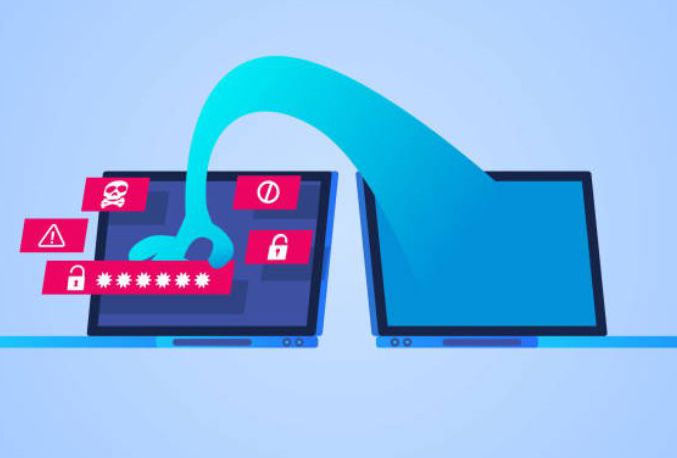October 01, 2025
Think Before You Post: How Oversharing Fuels Cybercrime

Social media has made sharing our lives easier than ever. From birthday celebrations to vacation selfies, it’s tempting to post everything online. What seems harmless can actually be a treasure trove for cybercriminals. Oversharing isn’t just a privacy concern, it’s a direct path for identity theft, scams, and financial risk.
How Oversharing Creates Risk
Cybercriminals are surprisingly skilled at piecing together small details about your life:
-
Passwords and security questions: Pet names, birthdays, or favorite colors can help hackers guess your credentials.
-
Spear-phishing attacks: Detailed personal info allows attackers to craft highly convincing emails or messages targeting you specifically.
-
Physical security threats: Vacation posts or location check-ins signal when your home or property might be empty.
Even professional platforms like LinkedIn aren’t immune. Oversharing roles, responsibilities, or organizational details can give attackers the intel they need to target your company or clients.
The Psychology Behind Oversharing
Why do we overshare? Social media taps into our need for connection, validation, and instant feedback. Likes, comments, and shares create a dopamine-driven loop that makes posting almost irresistible. Fun quizzes, viral trends, and polls feel harmless, but they often ask for personal information that could be used maliciously.
Tips to Stay Safe Online
Protecting yourself doesn’t mean giving up social media entirely. Simple precautions go a long way:
-
Delay vacation posts: Share photos after you return, not in real time.
-
Think before posting: Ask yourself if this information could help someone guess your passwords or track your movements.
-
Review privacy settings: Limit who can see your posts, friends list, and personal info.
-
Be cautious with quizzes and surveys: If it asks for personal data, skip it.
The Bottom Line
Your online presence can be a goldmine for cybercriminals, but it doesn’t have to be. By pausing before you post and thinking strategically about what you share, you’re not just protecting your privacy, you’re protecting your finances, identity, and even your professional reputation. Oversharing might feel harmless, but in the world of cybersecurity, small details can have big consequences.
Related Stories
Northfield Bank, in collaboration with the Staten Island Economic Development Corporation (SIEDC) and the Federal Home Loan Bank of New…
This holiday season, Northfield Bank offices proudly partnered with various local organizations to host a food drive supporting local families…
Even in today’s digital age, checks are still widely used and unfortunately, still targeted by fraudsters. There are a few…
Social engineering can be sneaky, but once you know the signs, it becomes much easier to spot.








